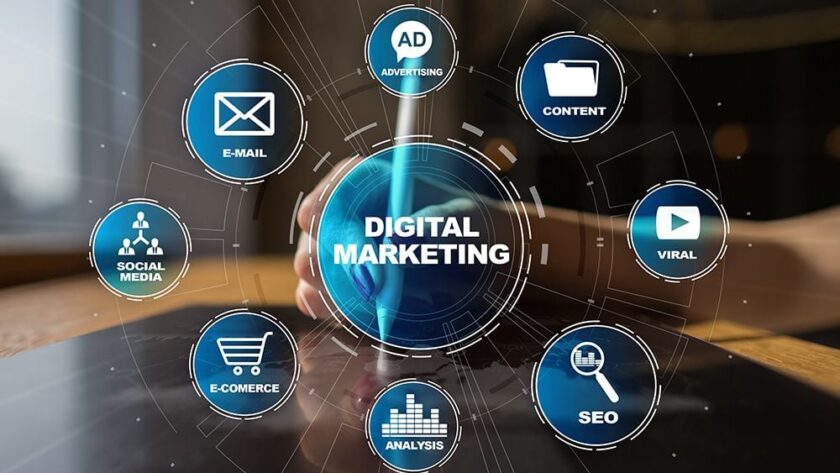In the digital era, content is more than just text on a webpage—it’s the driving force behind your brand’s success. Content marketing is a strategic approach focused on creating valuable, relevant, and consistent content to attract and engage a clearly defined audience. It goes beyond simply selling a product or service. Instead, it builds a relationship between the brand and its audience. Let’s explore the key benefits of content marketing and how it can transform your brand.
1. Building Trust and Authority
One of the primary goals of content marketing is to establish your brand as an authority in your industry. By consistently delivering high-quality content that educates and informs your audience, you can build trust and credibility.
- Thought Leadership: Publishing insightful articles, case studies, or industry reports helps position your brand as a thought leader in your niche. When your audience sees you as an expert, they are more likely to turn to you for solutions.
- Trust Building: Content that solves problems or addresses customer pain points demonstrates that you genuinely care about their needs, fostering a relationship built on trust.
2. Driving Organic Traffic to Your Website
Content marketing can significantly improve your search engine rankings, which is crucial for attracting organic traffic. By creating content that is optimized for SEO, such as blog posts, articles, and landing pages, you increase the chances of your website appearing in search engine results when users search for relevant keywords.
- Long-Term Results: Unlike paid ads, content marketing produces long-term benefits. A well-optimized blog post can continue to attract traffic long after it’s been published.
- Attracting Relevant Audiences: High-quality content tailored to your target audience will drive more relevant traffic, resulting in higher conversion rates.
3. Enhancing Customer Engagement
Content marketing goes beyond just acquiring new customers—it helps engage and retain existing ones as well. By consistently providing valuable content through blogs, videos, social media posts, and newsletters, you can keep your audience engaged and excited about your brand.
- Interactive Content: Offering content like quizzes, surveys, and interactive infographics encourages active engagement from your audience.
- Building Relationships: By continuously providing valuable insights and information, content marketing strengthens the bond between your brand and your customers, leading to increased loyalty.
4. Increasing Conversions
Effective content marketing can significantly improve your conversion rates. When content is strategically aligned with customer needs and positioned at various stages of the buyer’s journey (awareness, consideration, decision), it guides potential customers toward making purchasing decisions.
- Call to Action (CTA): Including well-placed CTAs within your content encourages users to take action, such as signing up for a newsletter, downloading an e-book, or making a purchase.
- Lead Generation: Offering gated content like ebooks, white papers, or case studies can help you collect leads and nurture them through the sales funnel.
5. Cost-Effective Marketing Strategy
Compared to traditional marketing methods, content marketing is much more cost-effective. It focuses on creating content once and then distributing it across multiple channels, offering a higher return on investment.
- Low-Cost Strategy: Content marketing is often less expensive than paid advertising, and its long-lasting impact provides ongoing value without continuous spending.
- Scalability: Once a content marketing system is in place, you can scale it efficiently by producing more content or repurposing existing content for different platforms.
6. Measurable Results
With content marketing, it’s easy to measure the success of your efforts. Using tools like Google Analytics, you can track key performance indicators such as traffic, engagement, bounce rates, and conversions.
- Refining Strategy: Data from your content marketing efforts can help refine and improve future content, ensuring that you’re always providing the most valuable information to your audience.
- Optimizing Campaigns: Through continuous monitoring and adjusting, content marketing allows you to optimize your campaigns and get the best results from your efforts.
Conclusion
Content marketing is an essential strategy for building brand trust, driving traffic, and enhancing customer engagement. It’s a cost-effective way to create long-term value for your brand by delivering consistent, high-quality content. By leveraging content marketing, businesses can attract more customers, increase conversions, and establish themselves as leaders in their industries.




